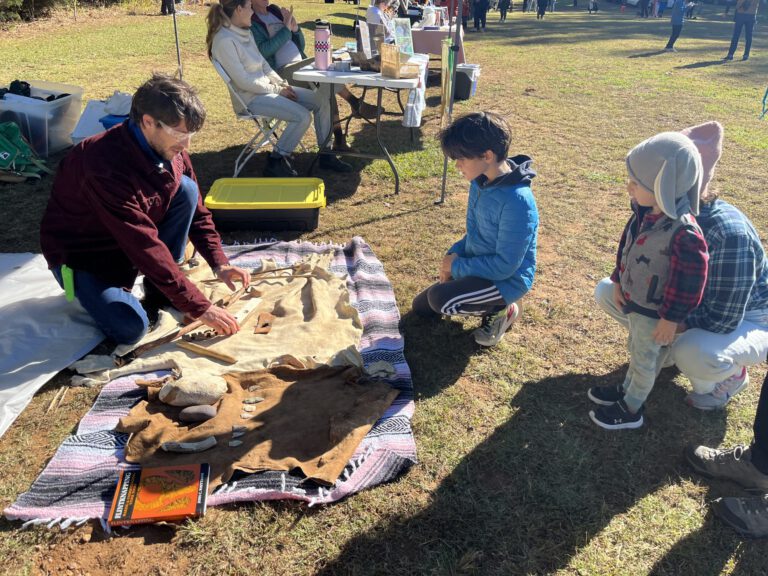
Learn
Discover our region's natural wonders with Triangle Land Conservancy.

Nature Education
Triangle Land Conservancy’s public nature preserves offer opportunities for everyone to connect with nature. Check out our variety of free outdoor education programs and learn more about our local partners.

Community Science Projects
Community science offers the chance to connect with scientists and research projects right in our backyards. Browse our current community science projects and partners you can get involved with today.

Wild Ideas
TLC’s annual Wild Ideas series provides a unique venue for experts and the community to come together and share innovative ideas around improving life in the Triangle.
